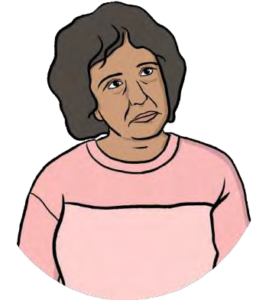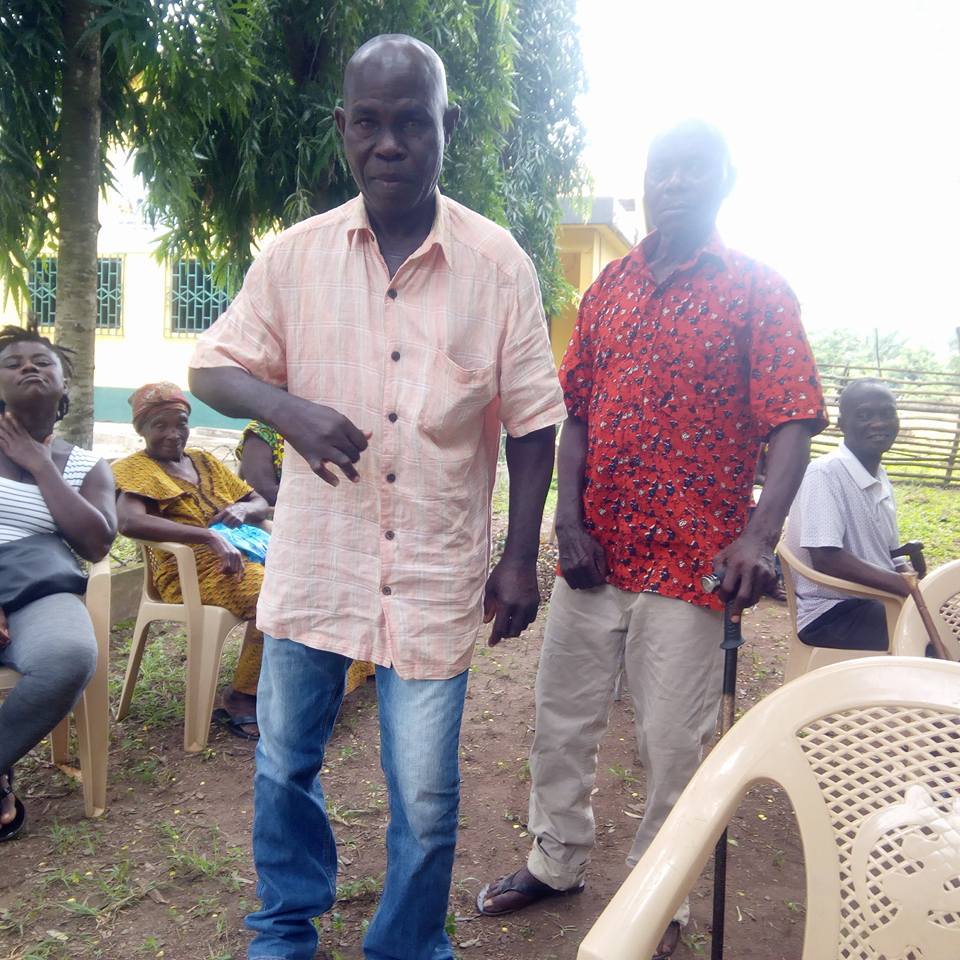WHAT PROBLEMS CAN OCCUR WITH THE STROKE SURVIVOR’S MIND AND BEHAVIOUR?
WHAT PROBLEMS CAN OCCUR WITH THE STROKE SURVIVOR’S MIND AND BEHAVIOR?

Because of the damage to their brain, some stroke survivors struggle to remember or understand things. Others find it difficult to control their feelings and urges (needs), and behave in strange ways. But not all stroke survivors have these problems. An occupational therapist can check whether a person experiences any of these.
WHAT ARE THE SIGNS OF THESE PROBLEMS?
You may notice the following:
- Confusion: The person doesn’t recognize people, know where he/she is (place) or what the time or date is.
- Short-term memory problems: For example, the person cannot remember what was said an hour ago.
- Does nothing unless told: For example, the person will stay in bed unless being told to get up.
- Struggling with simple tasks: Tasks such as putting on a sweater becomes very difficult.
- Lack of control (for example temper, sexual desire or eating): The person may do things before thinking them through.
- Unsuitable behavior: For example, the person may laugh at someone getting hurt.
- Being demanding: For example, a stroke survivor may want your attention immediately or all of the time.
- Ignoring the weak side of the body: For example, when looking for something, the person would not even try looking on the weak side of the body.
- Doesn’t understand money or how to work with it.
- Depression/feeling extremely sad and ‘down’ all the time.
- Long excuses for strange behavior, because the person is not aware of these problems.
HOW CAN I DEAL WITH THESE PROBLEMS?
- Get professional help from an occupational therapist or a behavioral psychologist (ask your local clinic to refer you to the right person).
- Tell the stroke survivor the date, day and time Put a clock and a calendar in the room and show it to the person regularly.
- Follow the same daily routine, with meals, personal care (bathing, brushing teeth, combing hair) and resting at the same time and in the same way, every day.
- Start explaining any changes in the routine long before the time, for example when you need to go to the shop or the Repeat the explanation often.
- Do not allow certain behavior the one day and refuse it on other Decide what you see as acceptable behavior, and stick to it.
- Do not allow the person to control you with bad For example, don’t give in to what the person wants just because he/she keeps shouting.
- Have clear rules for unacceptable For example, say: ‘Do not shout. I will not answer you if you shout.’
- Do not laugh at strange and bad behavior, such as swearing, even if it is funny.
- Tell the person when his/her behavior is good and For example, say: ‘I enjoy helping you when you are thankful.’
- Let the person help make decision.
- Let the person do as much as possible for for him/herself, but stay close enough to make sure he/she is safe, for example in the bathroom and kitchen.
- It is normal for stroke survivors to cry more If the crying is not because of depression, distract the person by asking him/her to count to ten or to breathe deeply. Don’t show too much sympathy because it will make the crying worse.
E.S, S., & J.S, V. (2015). Stroke Care at Home. Western Cape South Africa: Center for Rehabilitation Studies Stellenbosch University.


